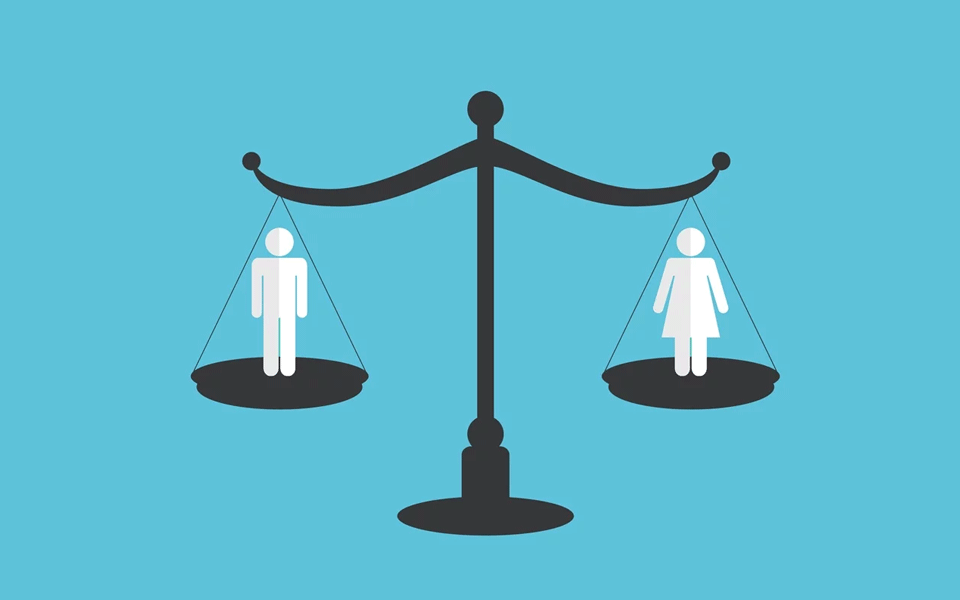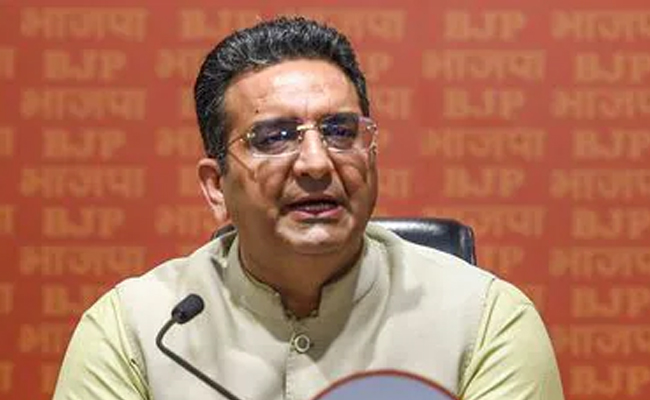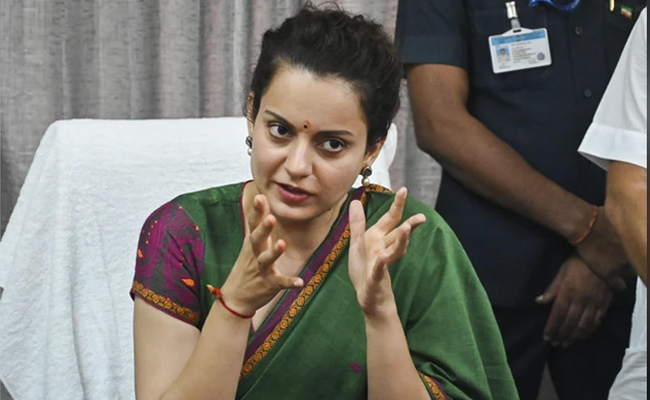New Delhi, Jun 4: India ranked 95th out of 129 countries in a new index that measures global gender equality looking at aspects such as poverty, health, education, literacy, political representation and equality at the workplace.
The Sustainable Development Goals Gender Index has been developed by UK-based Equal Measures 2030, a joint effort of regional and global organisations including African Women's Development and Communication Network, Asian-Pacific Resource and Research Centre for Women, Bill and Melinda Gates Foundation, and International Women's Health Coalition.
The new index includes 51 indicators across 14 of the 17 official Sustainable Development Goals and covers 129 countries across all regions of the world.
The index has ranked India at 95 among 129 countries with India's highest goal scores are on SDG 3 of health (79.9), SDG 2 of hunger and nutrition (76.2) and SDG 7 of energy (71.8).
India's lowest goal scores are on SDG 17 of partnerships (18.3, in the bottom 10 countries worldwide on the goal), SDG 9 of industry, infrastructure and innovation (38.1) and SDG 13 of climate (43.4).
Some of the factors based on which the ranking of India has been decided include proportion of seats held by women in national parliaments (score of 23.6, 16th in region, women made up 11.8 per cent of parliament in 2018), the extent to which a national budget is broken down by factors such as gender, age, income, or region (score of 0.0, tied for worst in region) and percentage of seats held by women on a country's Supreme Court or highest court (score of 18.2, 4th worst in region).
"India ranks toward the bottom of the Asia and the Pacific region, ranking 17th out of the 23 Asia and the Pacific countries covered by the index. Not all countries' scores on the index correlate with national income some countries perform better than would be expected based on their GDP per capita, and others under perform," according to the findings.
Denmark was ranked at the first place and Chad at 129th place. China ranked at 74 position, Pakistan at 113 while Nepal and Bangladesh at 102 and 110 respectively, the index said.
India scored 56.2 points. The overall index score and individual goal scores are based on a scale of 0 100. A score of 100 reflects the achievement of gender equality in relation to the underlying indicators.
Let the Truth be known. If you read VB and like VB, please be a VB Supporter and Help us deliver the Truth to one and all.
New Delhi (PTI): The BJP on Wednesday accused the Congress of running misleading propaganda over the trial court's decision in the National Herald case and said the court refused to take cognisance of the complaint but did not set aside the case.
The case is still pending trial in the Delhi High Court, and the trial court in its order on Tuesday said that the Enforcement Directorate (ED) can continue its investigation, BJP national spokesperson Gaurav Bhatia asserted.
"The court yesterday (Tuesday) said that since it is a private complaint and no FIR has been lodged, it will not take cognizance of it. It's a technical matter. The court also said that ED can continue its investigation further. The court did not set it aside," Bhatia told a press conference at the BJP headquarters here
"Its trial is still going on. Sonia Gandhi is still Accused Number-1 and Rahul Gandhi Accused Number-2," the BJP spokesperson said, alleging, "The Gandhi family thrives on deceit, deception, and propaganda."





